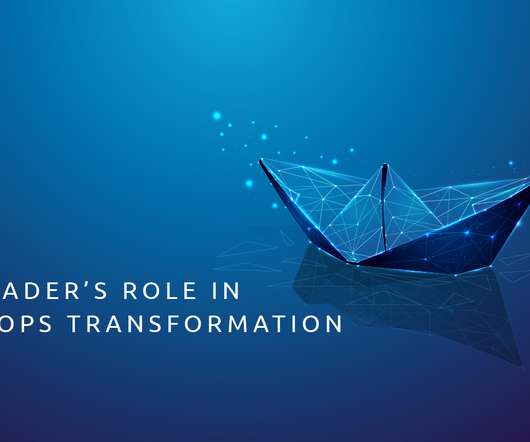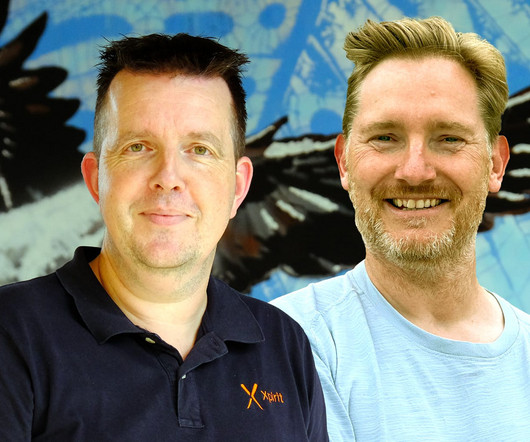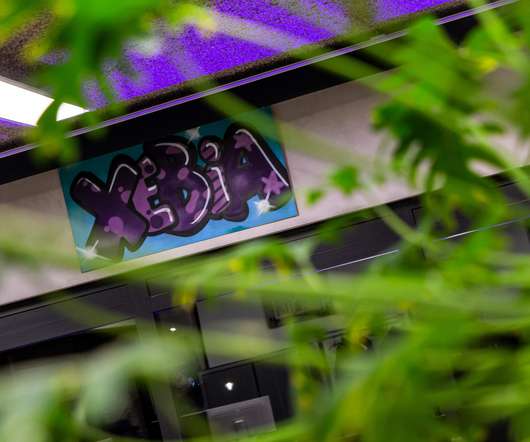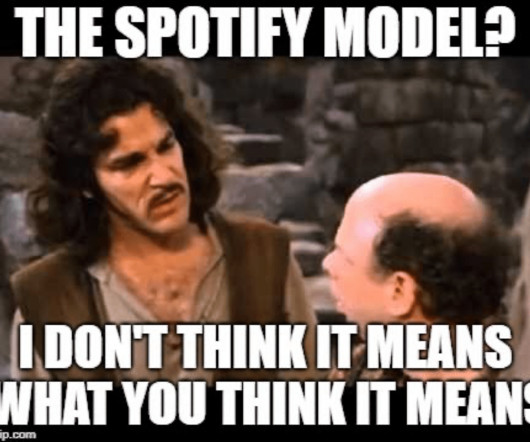What Is DevOps Culture?
Dzone - DevOps
FEBRUARY 24, 2021
At its essence, a DevOps culture involves closer collaboration and a shared responsibility between development and operations for the products they create and maintain. This helps companies align their people, processes, and tools toward a more unified customer focus.























Let's personalize your content